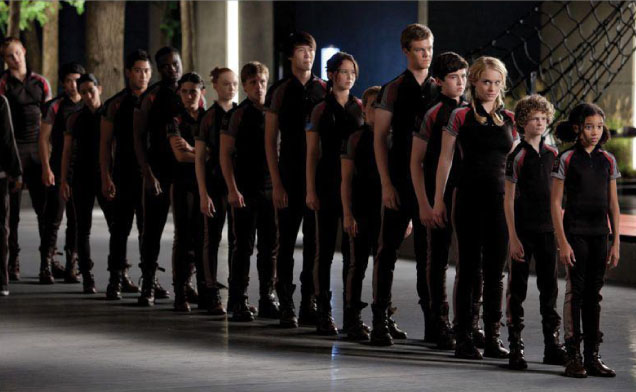Have you ever thought about who you would invite to your “dream dinner party”? The attendees could be alive or dead, or even fictional characters. After careful consideration I’ve determined my top five dreams attendees and here is who they are and why they make my list:
John Green
I couldn’t not invite my favorite author, and I dare say one of my favorite people, to my dream dinner party. John Green is the author best known for The Fault in Our Stars (which is coming out as a movie on June 6th), as well as being a YouTube sensation with his brother Hank Green. I feel that there are a million reasons why he is a great individual to have at any intimate gathering, but to refrain from rambling I’ll just sum him up as a guy who would be a good conversation starter (and that is saying the least of his wonderful attributes).
Hermione Granger
If you know me personally you might know that Hermione Granger is my favorite character of all time, and I identify with her in many ways. I love her attitude towards learning and reading. And I have always admired the fact that even though she came from a muggle family she was able to adapt easily to the wizarding world she was thrown into. Anyway, the Harry Potter series has always been a huge part of my life, and I feel that my dream dinner part would be incomplete without inviting Hermione Granger who inspired me to be the person I am today. Plus, magic is always fun to practice at the dinner table!
Jennifer Lawrence
Most of you know Jennifer Lawrence as the star of the Hunger Games Series, Katniss Everdeen, but she is so much more than that to me. To me she is a creative individual who is a great role model for girls and women around the world, much like her character Katniss is to the people of Panem! The way she stands up for the female gender by expressing her views against how the media shames girls into thinking they have to be a Barbie-doll plastic form of perfection is what makes her the perfect human being that she is. And of course who wouldn’t want to listen to stories about filming the Hunger Games while eating appetizers?
William Shakespeare
Okay, so how many of you honestly think having Shakespeare as a party guest would be amazing and entertaining? Not just me right? That’s what I thought. I’m inviting this poet and playwright because I am a lover of theater, the arts, and allusions. Just imagine eating a dinner roll while listening to Shakespeare, himself, recite one of his famous sonnets!



